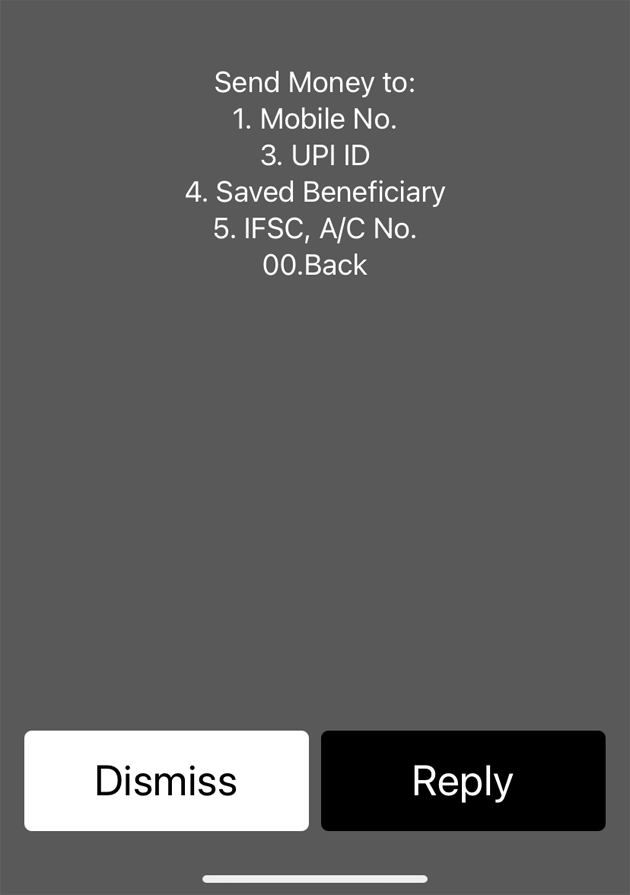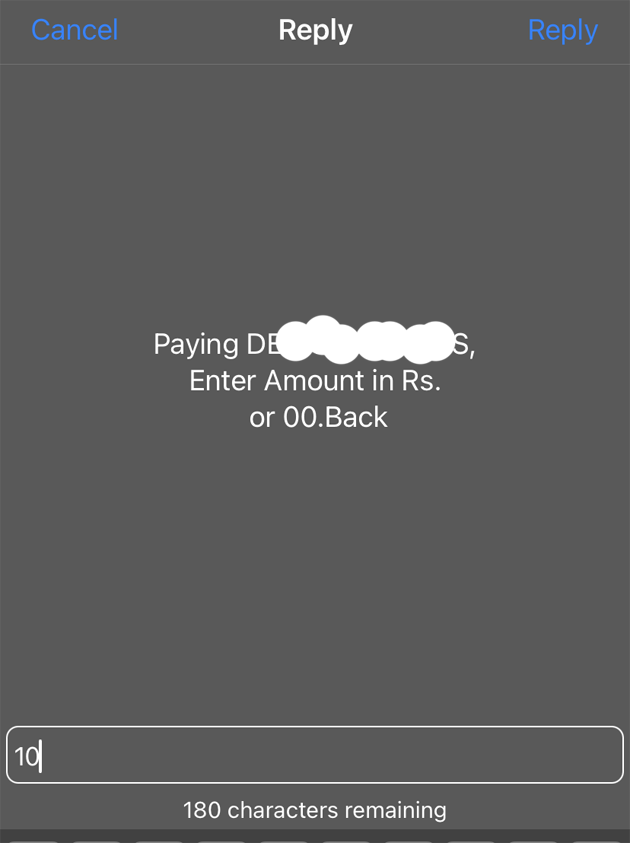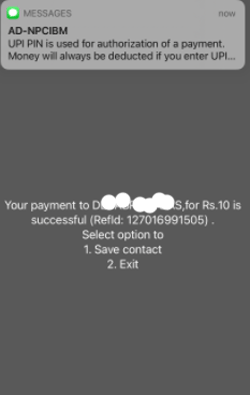Reserve Bank of India – Notifications
[ad_1]
Read More/Less
RBI/2021-2022/103
A.P. (DIR Series) Circular No.15
September 30, 2021
All Category – I Authorised Dealer Banks
Madam/Sir
Exim Bank’s Government of India supported Line of Credit (LoC) of
USD 100 million to the Government of Democratic Socialist Republic of Sri Lanka
Export-Import Bank of India (Exim Bank) has entered into an agreement dated March 16, 2021 with the Government of the Democratic Socialist Republic of Sri Lanka (Borrower), for making available to the latter, Government of India supported Line of Credit (LoC) of USD 100 million (USD One Hundred Million only) for the purpose of financing projects in the Solar Energy Sector in the Democratic Socialist Republic of Sri Lanka. Under the arrangement, financing of export of eligible goods and services from India, as defined under the agreement, would be allowed subject to their being eligible for export under the Foreign Trade Policy of the Government of India and whose purchase may be agreed to be financed by the Exim Bank under this agreement. Out of the total credit by Exim Bank under the agreement, goods, works and services of the value of at least 75 per cent of the contract price shall be supplied by the seller from India, and the remaining 25 per cent of goods and services may be procured by the seller for the purpose of the eligible contract from outside India. Provided however at the request of the borrower and with the approval of the Government of India, Exim Bank may consider reduction in the India content not exceeding 10% of contract price on a case to case basis. Provided further that such view/consent of Government of India be obtained before a project procurement is initiated and the said goods or services shall not be from a country other than that of the Borrower or India.
2. The Agreement under the LoC is effective from September 13, 2021. Under the LoC, the terminal utilization period is 60 months from the scheduled completion date of specified in the eligible contract.
3. Shipments under the LoC shall be declared in Export Declaration Form as per instructions issued by the Reserve Bank from time to time.
4. No agency commission is payable for export under the above LoC. However, if required, the exporter may use his own resources or utilize balances in his Exchange Earners’ Foreign Currency Account for payment of commission in free foreign exchange. Authorised Dealer (AD) Category- I banks may allow such remittance after realization of full eligible value of export subject to compliance with the extant instructions for payment of agency commission.
5. AD Category – I banks may bring the contents of this circular to the notice of their exporter constituents and advise them to obtain complete details of the LoC from the Exim Bank’s office at Centre One, Floor 21, World Trade Centre Complex, Cuffe Parade, Mumbai 400 005 or from their website www.eximbankindia.in
6. The directions contained in this circular have been issued under section 10(4) and 11(1) of the Foreign Exchange Management Act (FEMA), 1999 (42 of 1999) and are without prejudice to permissions/ approvals, if any, required under any other law.
Yours faithfully
(R. S. Amar)
Chief General Manager
[ad_2]

















